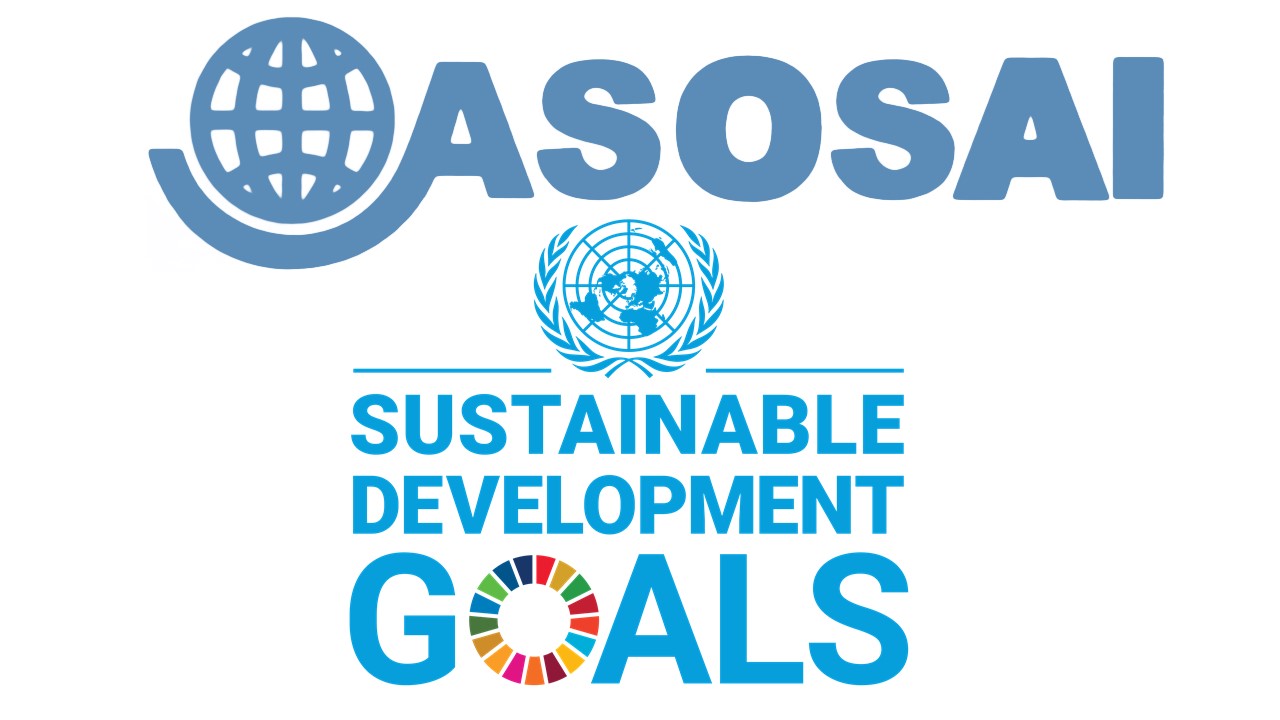
ASOSAI Working Group on SDGs Meeting
On March 4, 2024, meeting of ASOSAI Working Group on SDGs was held online under the leadership of SAI Kuwait.
The event was attended by representatives of SAIs of Azerbaijan, China, India, Kazakhstan, Kuwait, Malaysia, Nepal, Russia, Thailand, Turkey, Philippines and Vietnam.
ASOSAI Working Group on SDGs was es following the results of the 15th ASOSAI Assembly on September 7, 2021. The Group's activities are aimed at promoting the achievement of national SDG indicators, exploring regional approaches to evaluating SDGs implementation, and sharing knowledge and best practices among Supreme Audit Institutions. 14 SAIs[1] participate in the Group’s work. To achieve these goals, four work streams were created:
- Capacity Development Activities (Project Leader – SAI Saudi Arabia)
- Coordinated/Cooperative Performance Audits on SDGs (Project Leader – SAI Thailand)
- Enhance Knowledge Sharing on SDGs (Project Leader – SAI Russia)
- ASOSAI SDGs Follow-up Report (Project Leader – SAI Philippines)
The participants discussed the results of the Group’s activities in 2023-2024, working projects implementation plan as well as opportunities for the development of new initiatives.
Mr. Anton Kosyanenko, Director of the Department for Economic Development Audit of the Accounts Chamber of the Russia Federation, presented proposals to expand cooperation with the INTOSAI Working Group on SDGs and Key Indicators of Sustainable Development (INTOSAI WGSDG KSDI)[2]. Key projects of the Working Group include:
- Guidance on Audit of the Reliability of Macroeconomic Forecasts. As part of the work on the document, the “Knowledge Base on Macroeconomic Forecasts”[3] was significantly expanded. The knowledge base currently covers 29 countries. The Group Secretariat also prepared a draft Glossary, which contains all the main terms and concepts on the subject of macroeconomic forecasts.
- Guidance on ESG Audit. The document is intended to provide methodological support to SAIs when conducting audits of government measures aimed at stimulating the implementation of ESG principles. It will also be useful when auditing the ESG reporting of public sector organizations or international organizations[4]. The Guide contains answers to questions about why an ESG audit is needed, what an ESG audit is and how to conduct it.
- Development of Educational Courses on SDGs. The Digital University for the INTOSAI Community (U-INTOSAI) platform hosts 44 courses on SDG auditing in 6 languages. The Accounts Chamber of the Russian Federation, as a project manager, stands for expanding cooperation with SAIs – ASOSAI members. One possible option would be to create a series of courses reviewing national experiences in SDG auditing.
[1] SAIs of Kuwait (Chair), Russia (vice-chair), Azerbaijan, China, India, Japan, Kazakhstan, Malaysia, Nepal, Saudi Arabia, Thailand, Turkey, Philippines, Vietnam.
[2] The Accounts Chamber of the Russian Federation chairs the Working Group.
[3] The project was launched in 2021 to systematize approaches to developing and assessing the reliability of macroeconomic forecasts. In 2023 The Secretariat received detailed responses from 7 SAIs (2 SAIs submitted their responses for the first time, 5 SAIs updated information). The Secretariat conducted additional research to complete the knowledge base with information from 13 countries.
[4] Documents will be presented at the next Working Group meeting on April 21, 2024 in Riyadh (Saudi Arabia).



